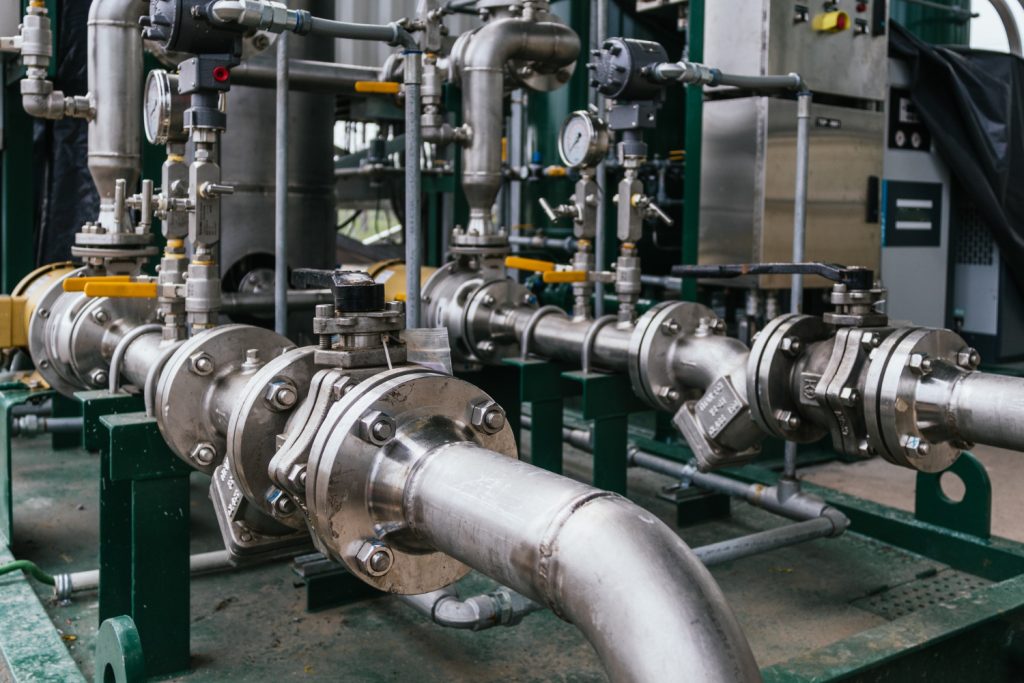As industries strive for cleaner and more efficient operations, steam generation has become a focal point for innovation. Smart boilers, automated, connected, and optimized systems, are transforming production processes and reshaping how industries approach energy consumption and cost savings.
In sectors such as food processing, pharmaceuticals, textiles, and tea production, steam remains essential. Traditional boilers, however, often consume excessive fuel, require constant manual supervision, and are slow to respond to changing load demands. Smarter boiler systems address these challenges, offering safer, faster, and more sustainable operations.

Why Smarter Boilers Make a Difference
Modern boilers integrate intelligent controls, real-time monitoring, and self-regulating mechanisms. These enhancements help maintain optimal fuel-to-air ratios, minimize standby losses, and detect faults before they lead to costly downtime. Efficiency gains are often immediate, with fuel consumption reductions of up to 20%. Additionally, smart boilers assist facilities in meeting stringent environmental and safety standards through built-in sensors and automatic safety checks.
Case Study 1: Enhancing Tea Production Efficiency
In the tea production sector, consistent steam quality and reliability are crucial. A tea processing facility in Kenya faced challenges with its aging boiler system, including frequent breakdowns and high maintenance costs. Spenomatic Kenya Limited provided a comprehensive solution by installing a state-of-the-art boiler system equipped with advanced controls and monitoring capabilities. This upgrade resulted in improved steam consistency, reduced fuel consumption, and lower maintenance requirements, significantly enhancing the facility’s operational efficiency and product quality.
Case Study 2: Precision for the Food Industry
In the food processing industry, maintaining high hygiene and steam purity standards is vital. A food processing company sought to reduce fuel costs while upholding these standards. After installing a smart boiler system with digital pressure controls and an automated blowdown system, the facility experienced a 17% reduction in energy costs. Maintenance-related downtime decreased by nearly half, and operators benefited from centralized monitoring and real-time alerts, allowing for proactive management and swift response to any anomalies.
This single upgrade brought a measurable environmental benefit, lowered emissions and improved resource efficiency, while also strengthening the company’s reputation for sustainability among its partners.
Case Study 3: Textile Factory Cuts Losses and Emissions
Textile operations require steady, precise heat delivery. A textile manufacturer in East Africa faced issues with inconsistent steam pressure and high fuel expenses due to outdated boiler controls. Upgrading to a smart boiler with variable frequency drive (VFD) controls and automatic feedwater management led to significant improvements. The system adapted to daily usage patterns, optimizing operations and reducing fuel consumption. This upgrade not only lowered operational costs but also reduced emissions, enhancing the company’s sustainability profile.
Smart boiler integration brought both energy management and traceability tools into the spotlight. Every steam event is now logged digitally, enabling data-driven decisions. Emergency shutdown protocols, which used to rely on manual steps, now execute automatically when necessary.
Spenomatic’s Smart Boiler Solutions
At Spenomatic Kenya Limited, we understand that transitioning to a smarter system involves more than just hardware; it’s about designing solutions that align with your processes, energy objectives, and sustainability goals. Our smart boiler units feature integrated sensors, programmable logic controllers (PLCs), and remote monitoring capabilities. We collaborate closely with industries to assess usage patterns, install appropriately sized systems, and provide ongoing technical support for optimal operation.
Conclusion
Adopting smart boilers signifies a transformative shift in industrial energy management. While traditional systems continue to serve many operations, the move toward intelligent steam solutions is driven by rising energy costs, stringent environmental regulations, and a growing demand for efficiency. Spenomatic Kenya Limited’s diverse portfolio across multiple sectors underscores our commitment to delivering innovative and sustainable energy solutions, enhancing operational efficiency, and contributing to environmental conservation and economic growth in the region.
FAQs
1. What makes a boiler “smart”?
Smart boilers utilize advanced sensors, automation, and controls to optimize performance, adjust to real-time demand, and provide alerts for maintenance needs or potential malfunctions.
2. How do smart boilers reduce operational costs?
By minimizing fuel waste, precisely regulating pressure, and automating functions like feedwater input and blowdown, smart boilers help facilities lower energy bills and reduce maintenance expenses.
3. Are smart boilers more difficult to maintain?
On the contrary, smart boilers simplify maintenance through real-time diagnostics and preventive alerts, enabling operators to address issues proactively before they escalate.
4. How does Spenomatic support smart boiler integration?
Spenomatic Kenya Limited offers comprehensive support, including assessment, customization, installation, training, and after-sales service, ensuring a seamless transition to smarter steam systems.
5. What industries benefit most from Spenomatic’s smart boiler solutions?
Industries such as tea production, food processing, textiles, and manufacturing, where efficient and reliable steam generation is critical, benefit significantly from Spenomatic’s smart boiler solutions.

